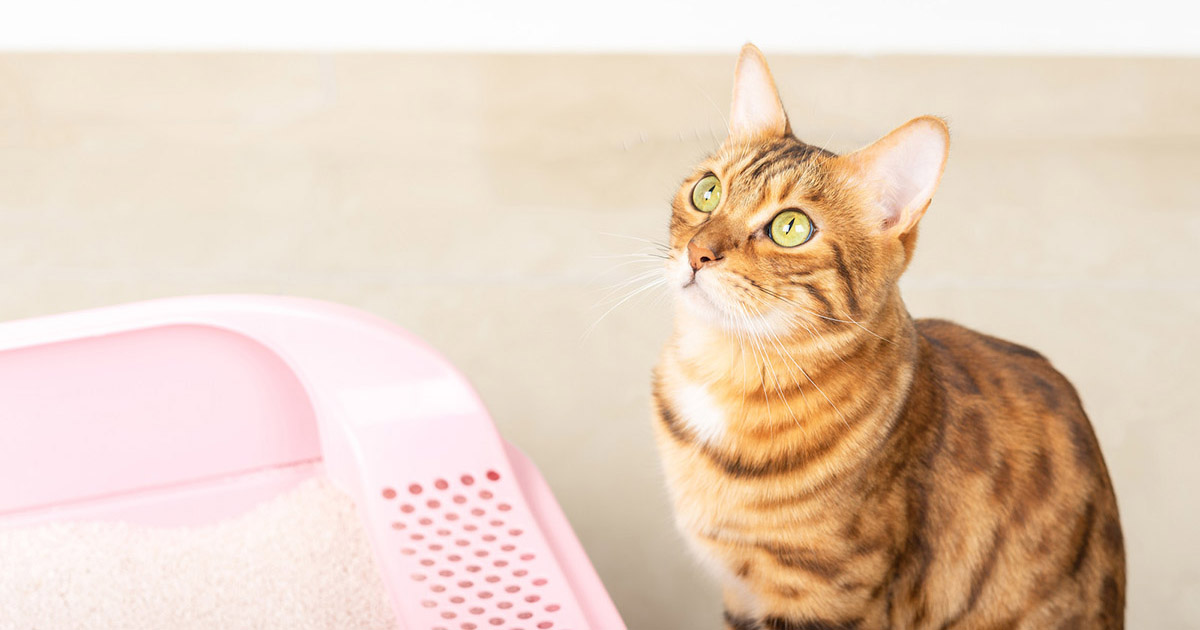The Risks of Disposing Cat Poop in Your Toilet - Preventive Steps
The Risks of Disposing Cat Poop in Your Toilet - Preventive Steps
Blog Article
The publisher is making several good pointers related to Can You Flush Cat Poop Down The Toilet? overall in this great article down below.

Intro
As feline proprietors, it's vital to be mindful of exactly how we take care of our feline close friends' waste. While it might appear convenient to purge feline poop down the toilet, this technique can have damaging consequences for both the setting and human health.
Alternatives to Flushing
Luckily, there are safer and a lot more liable ways to get rid of pet cat poop. Consider the following alternatives:
1. Scoop and Dispose in Trash
One of the most typical approach of taking care of cat poop is to scoop it right into a naturally degradable bag and toss it in the trash. Make sure to use a committed litter scoop and get rid of the waste promptly.
2. Use Biodegradable Litter
Opt for eco-friendly pet cat litter made from products such as corn or wheat. These clutters are environmentally friendly and can be safely gotten rid of in the garbage.
3. Hide in the Yard
If you have a lawn, take into consideration hiding feline waste in an assigned area away from veggie yards and water resources. Make sure to dig deep adequate to stop contamination of groundwater.
4. Set Up a Pet Waste Disposal System
Purchase a family pet garbage disposal system particularly made for feline waste. These systems utilize enzymes to break down the waste, reducing smell and environmental effect.
Wellness Risks
Along with environmental problems, flushing pet cat waste can likewise present health and wellness threats to humans. Feline feces might contain Toxoplasma gondii, a bloodsucker that can cause toxoplasmosis-- a potentially extreme illness, especially for expecting women and people with damaged immune systems.
Ecological Impact
Flushing cat poop presents hazardous pathogens and parasites into the supply of water, posturing a significant danger to water environments. These pollutants can negatively influence aquatic life and compromise water top quality.
Verdict
Accountable family pet ownership expands beyond giving food and shelter-- it additionally entails correct waste management. By refraining from flushing feline poop down the bathroom and going with alternative disposal methods, we can reduce our environmental impact and safeguard human health and wellness.
Why Can’t I Flush Cat Poop?
It Spreads a Parasite
Cats are frequently infected with a parasite called toxoplasma gondii. The parasite causes an infection called toxoplasmosis. It is usually harmless to cats. The parasite only uses cat poop as a host for its eggs. Otherwise, the cat’s immune system usually keeps the infection at low enough levels to maintain its own health. But it does not stop the develop of eggs. These eggs are tiny and surprisingly tough. They may survive for a year before they begin to grow. But that’s the problem.
Our wastewater system is not designed to deal with toxoplasmosis eggs. Instead, most eggs will flush from your toilet into sewers and wastewater management plants. After the sewage is treated for many other harmful things in it, it is typically released into local rivers, lakes, or oceans. Here, the toxoplasmosis eggs can find new hosts, including starfish, crabs, otters, and many other wildlife. For many, this is a significant risk to their health. Toxoplasmosis can also end up infecting water sources that are important for agriculture, which means our deer, pigs, and sheep can get infected too.
Is There Risk to Humans?
There can be a risk to human life from flushing cat poop down the toilet. If you do so, the parasites from your cat’s poop can end up in shellfish, game animals, or livestock. If this meat is then served raw or undercooked, the people who eat it can get sick.
In fact, according to the CDC, 40 million people in the United States are infected with toxoplasma gondii. They get it from exposure to infected seafood, or from some kind of cat poop contamination, like drinking from a stream that is contaminated or touching anything that has come into contact with cat poop. That includes just cleaning a cat litter box.
Most people who get infected with these parasites will not develop any symptoms. However, for pregnant women or for those with compromised immune systems, the parasite can cause severe health problems.
How to Handle Cat Poop
The best way to handle cat poop is actually to clean the box more often. The eggs that the parasite sheds will not become active until one to five days after the cat poops. That means that if you clean daily, you’re much less likely to come into direct contact with infectious eggs.
That said, always dispose of cat poop in the garbage and not down the toilet. Wash your hands before and after you clean the litter box, and bring the bag of poop right outside to your garbage bins.
https://trenchlesssolutionsusa.com/why-cant-i-flush-cat-poop/

I was made aware of that article on Can You Flush Cat Poo or Litter Down the Toilet? through an acquaintance on a different web property. Sharing is nice. You never know, you could be doing someone a favor. Thanks a bunch for your time. Kindly come by our website back soon.
Click Here Report this page